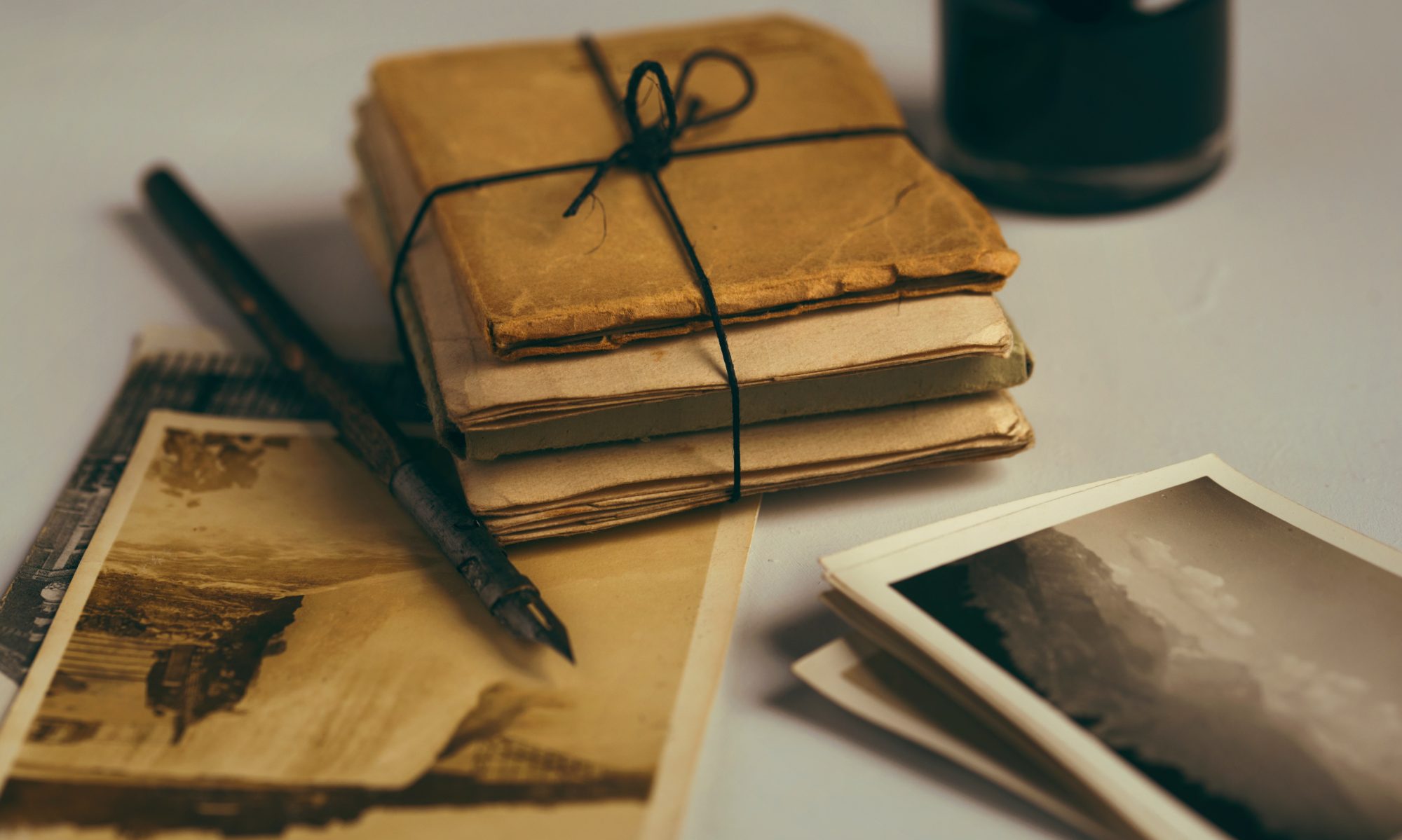Cornelis Drebbel was my 10 x great grandfather and is one of my most intriguing ancestors. Drebbel was once an inventor as famous as Da Vinci or Edison, but he has now faded into obscurity despite his many achievements. Any readers who have visited the Living Seas at Epcot in Disneyworld, however, will have been greeted by a display of Drebbel’s likeness (below).

Whilst here in the Netherlands, I am taking the opportunity to visit Cornelis’ hometown of Alkmaar. Therefore I decided to dedicate this week’s blog to sharing a little bit of his story with you.
A Short Biography of Cornelis Drebbel

Cornelis Drebbel was born in Alkmaar (about 30 minutes north of Amsterdam on today’s trains) in 1572. His father was a local burgher and a landowner, so Cornelis received some education before being apprenticed to Hendrik Goltzius of Haarlem. Goltzius was a well-known painter and engraver, as well as an alchemist. He taught Cornelis much of what he knew about all of those arts. Although Drebbel’s early career was mainly in engraving, he obtained his first patent in 1598. This was for the invention of a water supply system, and for a self-winding clock. In 1602, he also obtained a patent for a new design of chimney.
Around 1604, Cornelis and his young family moved to England where he was installed by the newly-crowned King James I into Eltham Palace. His role was to provide entertainment at court with his many and varied inventions. His most famous invention at that time was the Perpetuum Mobile, or perpetual motion machine.

Drebbel’s inventions
He also achieved notoriety through several other inventions and displays of genius, such as:
- automatic and hydraulic organs
- light projections from magic lanterns and camera obscura
- fireworks displays
- the clavichord, a solar-powered musical instrument
- optical instruments such as compound microscopes
- pumps for mining and fountains
- thermostats, leading to his ‘circulating oven’ for incubating eggs
- a demonstration of air-conditioning for the King in the Great Hall of Westminster Abbey.
- a dyeing method which allowed for scarlet to be set with cochineal allowing red cloth to be mass-produced for the first time
- sulphuric acid manufacture
- weaponry such as water mines, water petards and fireships
- drainage schemes to reclaim marshlands
- and most famously…the submarine!
The Submarine
In 1620, Cornelis Drebbel invented the submarine. It was “covered in greased leather, with a watertight hatch in the middle, a rudder and four oars. Under the rowers’ seats were large pigskin bladders, connected by pipes to the outside. Rope was used to tie off the empty bladders. In order to dive the rope was untied and the bladders filled. To surface the crew squashed the bladders flat, squeezing out the water”.

The illustration of his grand demonstration for the King in 1626 (above) shows the third of his submarines, which had six oars and could carry sixteen rowers. The demonstration had the submarine do a 3-hour return trip from Westminster to Greenwich and back. This scene was captured in comedic form in the movie “The Adventures of Baron Munchausen”. This movie is sadly as far as I know the only Hollywood depiction of Cornelis Drebbel ever attempted!
Drebbel’s later life
Although Cornelis had a genius for invention and was clearly a great showman, his ability to make a profit was less well-developed. This wasn’t helped by the champagne tastes of his wife Sophia (sister of his early mentor Hendrik Goltzius), who spent far more than he made. He rarely patented his inventions. Indeed he wrapped them in a layer of secrecy to protect his exclusivity. In his final years the money ran out and he was reduced to operating an alehouse in London. He died in London in 1633. In his will, he left his paltry estate to be divided between four of his children. I am descended from his daughter Catherine, who married Johannes Siebert Kuffeler.
Cornelis Drebbel – Alkmaar’s Greatest Son
In 2013, Cornelis Drebbel was declared Alkmaar’s greatest son after a vote was held. I was contacted as a known descendant and interviewed by the local paper, which felt like a great honour. In 2019, I am walking in his footsteps through the streets of Alkmaar.




































